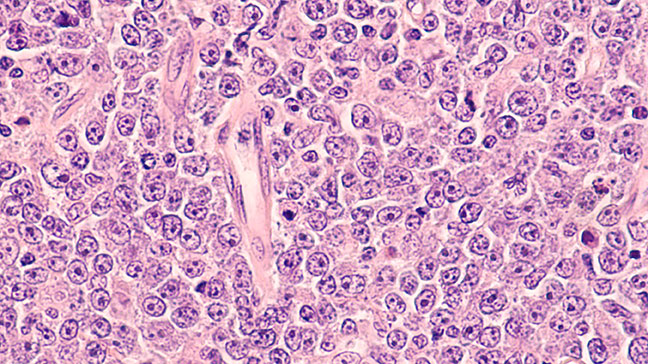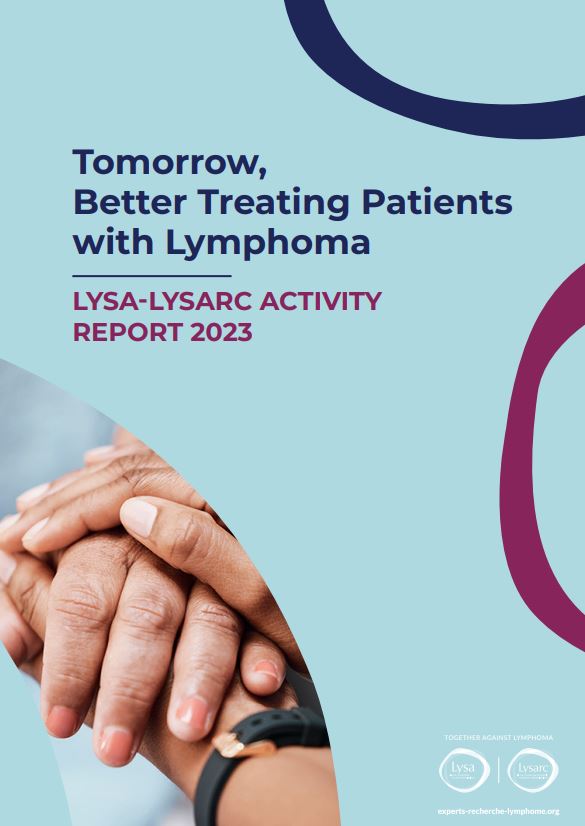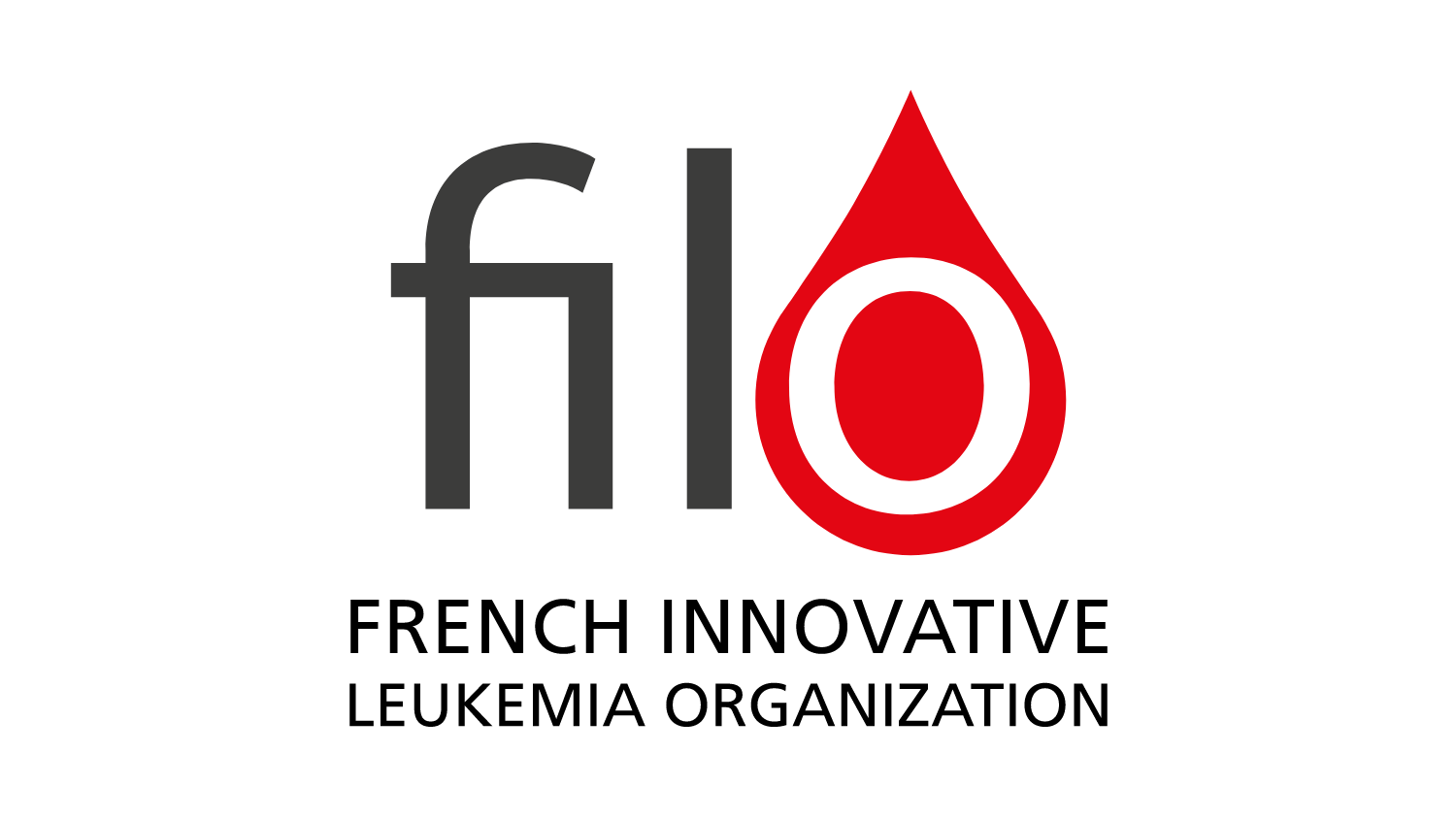The LYSA/LYSARC launches the first french academic study on CAR T-cells,
CAR T-cells represent a major challenge in cancer treatment. For this reason, the LYSA has just started this study, coordinated by Prof. Roch Houot (Rennes University Hospital) and Dr. François Lemonnier (Henri Mondor Hospital) in collaboration with Kite/Gilead. The first patient has just been enrolled to the Lille University Hospital, kicking off this french first. The study will take place in twenty French-speaking hospitals, including the Rennes University Hospital, South Lyon University Hospital, the AP-HP centers and the Dijon University Hospital. Only the University Hospital of Liege is participating outside the french borders.
- What is ALYCANTE?
ALYCANTE (Axi-Cel in LYmphoma CAR eligible but Non-Transplant Eligible) is a phase 2 clinical trial, developed by LYSARC, the operational structure of the LYSA, with the aim of evaluating a treatment with Axi-cel in patients with relapsed or refractory aggressive B-cell lymphoma. Axi-cel, whose commercial name is Yescarta®, is a treatment using immune cells directed against cancer cells.
- Why conduct this study?
CAR-T cells are T lymphocytes reprogrammed in the laboratory to destroy cancer cells. Lymphocytes are taken from the patient and then genetically modified in the laboratory to express a receptor on their surface that can detect and eliminate cancer cells. These reprogrammed cells are true «living drugs» that can multiply and remain inside the patient for several months.
CAR-T cells are currently indicated for aggressive B-cell lymphomas in failure situations, after a second relapse. However, it is possible that these treatments could benefit patients more quickly in the therapeutic strategy, from the first relapse. This is the purpose of the ALYCANTE study, which will evaluate the efficacy and safety of CAR-T cell treatment in these patients who are too old or too fragile to get standard treatment, autologous stem cell transplant. It will also assess the impact of these treatments on the quality of life of patients and improve knowledge of their mechanisms of action thanks to biological studies that will be carried out on blood and tumor samples.


